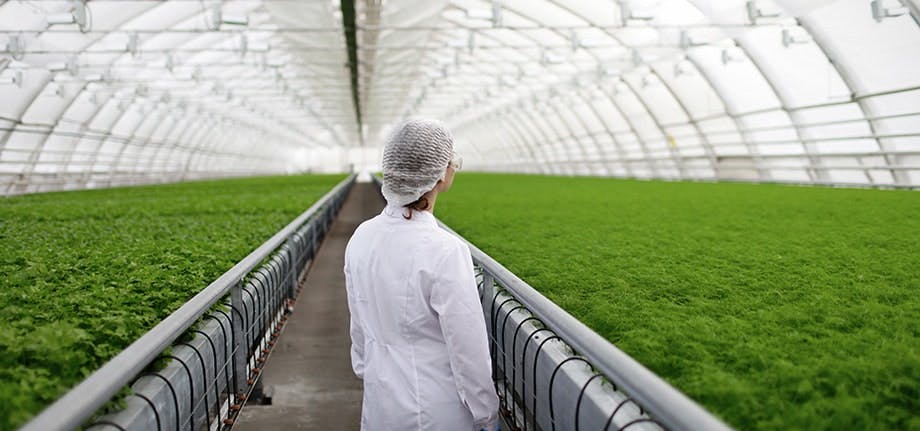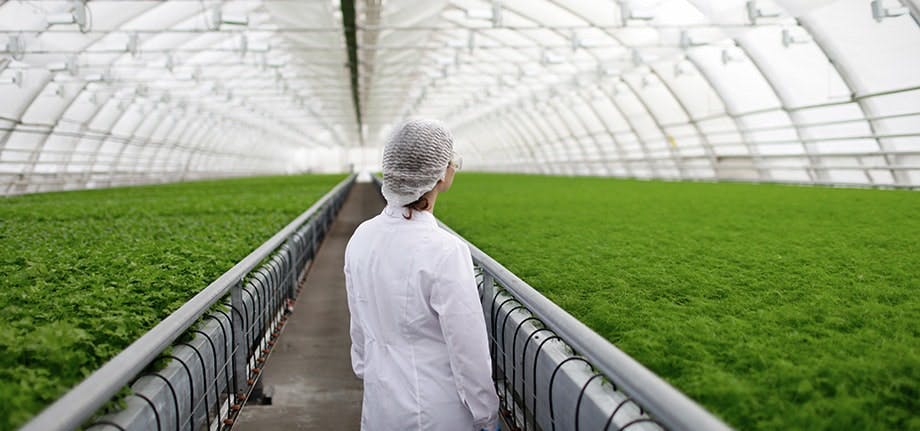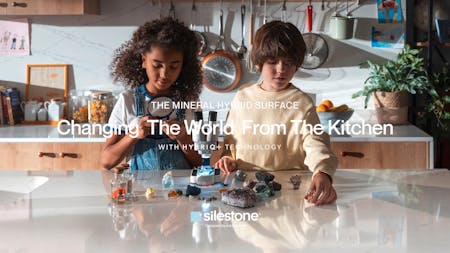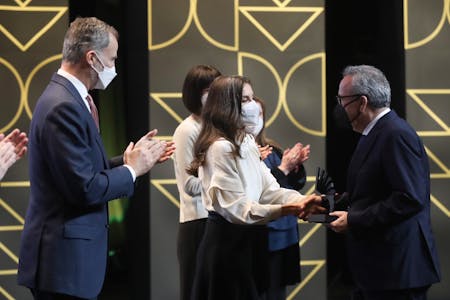
Changing the way that we relate to food
Tags: Cosentino, Cosentino Canada | 4 years ago | Written by: Cosentino
Today’s consumer demands healthy food that is quick and easy to prepare without sacrificing taste. In recent decades, there has been a revolution in the food industry, with a large increase in food safety, accelerated by new technology.
We face new challenges
There are old and new problems that directly influence our diet and potentially compromise our food safety.
The current situation with COVID-19 must be tackled with a new global perspective on food that involves multiple factors. On the one hand, we are concerned about the safety and quality of the food we consume and, on the other, sustainability and care for the environment. Both factors must be taken into consideration for things to progress forward in a positive way.
Consumers must change the way we relate to food
We are facing serious problems with great impact on the nutrition and safety of the food we eat:
- Climate change and destruction of ecosystems and overexploitation of natural resources
- Pollution of land and oceans (including fertilizers, microplastics, etc.)
- Proliferation of food infections and antibiotic-resistant superbugs
- Food waste – one-third of the food produced in the world is wasted with serious social, economic, humanitarian and environmental impacts globally
To do this, we will have to work in three directions:
- Develop sustainable production systems and environment protectors
- Plan a healthy food diet accompanied by good manufacturing and handling practices
- Responsible consumption (local, seasonal, etc.) and reduction of food waste
There are factors that increase the spread of disease from animals to humans
Up until now, there has been no indication that COVID-19 is food-borne, however, we can take the time to reflect on the factors that increase the risk of spreading this virus from animals to humans. Deforestation, intensive agriculture and livestock, loss of biodiversity, illegal markets of wildlife species, and climate change are all factors that we must face and approach differently to avoid future pandemics. Each of these issues are related to the “One Health” concept, an idea that states human health and animal health are closely linked and dependant upon each other. We cannot claim to protect human health if we do not also preserve the health of animals and the planet on which we all live.
Maite Pelayo, microbiologist specialist in Food Safety and technical spokesperson for the Silestone Institute explains, “It is, without a doubt, a global, transversal and personal task as consumers. The way we relate to food and our attitude towards it must change dramatically if we want to achieve satisfactory levels of safety in the future. The era of “food egocentrism” is over: let’s no longer think about what food can do for me but what I can do for food. “
Main photo source: Food and Agriculture Organization of the United Nations.





